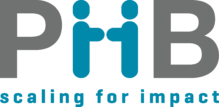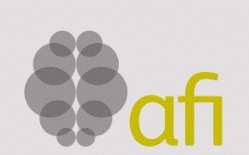
Study and recommendations for regulators to drive the digital transformation of microfinance in Africa
The intersection of digital technologies and microfinance is one of the focus areas of AFI, especially given the opportunities technology provides in enhancing microfinance institutions (MFIs), at the MFI level (improved efficiency, reduced costs, etc.) and at the customer level (convenience, digital footprint, etc.). AFI commissioned this study to provide more efficient and relevant guidance to its members (financial regulators and supervisors) in the area of digitization of microfinance services.
Context:
The intersection of digital technologies and microfinance is one of the focus areas of AFI, especially given the opportunities technology provides in enhancing microfinance institutions (MFIs), at the MFI level (improved efficiency, reduced costs, etc.) and at the customer level (convenience, digital footprint, etc.). AFI commissioned this study to provide more efficient and relevant guidance to its members (financial regulators and supervisors) in the area of digitization of microfinance services.
Objectives:
The objective of this study is to underscore the role of technology in enhancing, efficiency and viability of the microfinance industry in Africa. It seeks to understand the synergy between digital financial services and microfinance institutions and develop policy and regulatory recommendations that facilitate the digital transformation of microfinance services to deepen financial inclusion in Africa.
Deliverables:
- Production of outline and methodology for the study
- Literature review
- 10+ stakeholder interviews among MFIs, MNOs, and Fintechs
- Report writing and publication
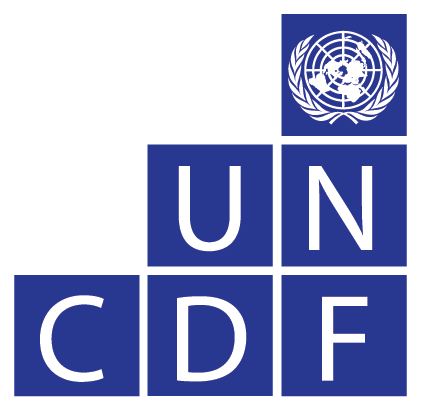
Project Management Consultant Uganda
UNCDF is the UN’s capital investment agency for the world’s least developed countries. UNCDF has a unique financial mandate within the UN system. It provides investment capital and technical support to both the public and the private sector. The ability to provide capital financing -- in the forms of grants, soft loans and credit enhancement – and the technical expertise in preparing portfolios of sustainable and resilient capacity building and infrastructure projects, makes its mandate a very useful complement to the mandates of other UN agencies. It also positions UNCDF as an early-stage investor to de-risk opportunities that can later be scaled up by institutional financial partners and increasingly by philanthropic foundations and private sector investors.
Context:
UNCDF is the UN’s capital investment agency for the world’s least developed countries. UNCDF has a unique financial mandate within the UN system. It provides investment capital and technical support to both the public and the private sector. The ability to provide capital financing -- in the forms of grants, soft loans and credit enhancement – and the technical expertise in preparing portfolios of sustainable and resilient capacity building and infrastructure projects, makes its mandate a very useful complement to the mandates of other UN agencies. It also positions UNCDF as an early-stage investor to de-risk opportunities that can later be scaled up by institutional financial partners and increasingly by philanthropic foundations and private sector investors.
MM4P
With support from Australian Government, Department of Foreign Affairs and Trade (“DFAT” formerly AusAid) and by the Swedish International Development Cooperation Agency (Sida), UNCDF launched MM4P in March 2012, a global thematic initiative to address the opportunities and challenges of implementing branchless banking and mobile money in challenging markets in Africa and Asia. MM4P’s long-term mission is to help low income and rural households in LDCs increase their financial security through appropriate, affordable and secure means to receive, manage and save money through these “digital financial services” (DFS).
In partnership and with financing from the Bill & Melinda Gates Foundation (BMGF), UNCDF is implementing an “ecosystem support” programme in Uganda to hasten the scalability of digital finance (DF), particularly in rural areas. This includes a high level of training, technical assistance and grants to financial service providers, agent networks, bulk payers, aggregators and the government of Uganda.
Based on MM4P’s Theory of Change, UNCDF’s objective is to help and hasten the shift of the Ugandan digital finance market from expansion stage until they are firmly in the consolidation stage. The objective at the end of 2019 is to reach at least 50% of the adult population actively using digital finance (90 days).
Objectives:
As part of the extension of its program in Uganda, UNCDF is looking for a project management consultant based in Kampala, Uganda from 1 April to 31 December 2017. Under the direct responsibility of the Country Technical Specialist (CTS), the Project Management Consultant works with the project support consultant and will have the responsibility of expediting the processing of technical and financial assistance projects the different phases of the programme cycle (selection, design, approvals, implementation and evaluation). The short-term outcome of this role is for the MM4P Uganda team to be able to design projects and conduct quality assurance on documents to a standard that allows projects to be approved by MM4P´s investment committee with minimum oversight by 15 May 2017. This means that PMU Brussels will stop committing resources in the project design phase by this date and that MM4P Uganda will have systems and resource arrangements allowing them to be fully functional by the mentioned date. The project management consultant also acts as liaison with the Programme Management Unit (PMU) team in Brussels to arrange the necessary project approvals and provide regular updates.

Digital Transformation of Microfinance and Digitization of Microfinance Services to Deepen Financial Inclusion in Africa
Understand the synergy between digital financial and microfinance institutions in providing access to finance to individuals and small businesses

Context: Understand the synergy between digital financial and microfinance institutions in providing access to finance to individuals and small businesses
Objective: The overall objective of this consultancy assignment is to underscore the role of technology in enhancing, efficiency and viability of the microfinance industry in Africa.
Deliverable: Created a report on the digital transformation of microfinance and digitization of microfinance services to deepen financial inclusion in Africa. Developed policy and regulatory recommendations that facilitate the digital transformation of microfinance services to deepen financial inclusion in Africa and pave the way toward the advancement of strategic collaboration for AFI and its partners in the Africa region
Context: Review the market in West Bank for establishing and engaging a banking services company. The remit of this company would include the operation of a national switch and management of the POS and merchant acquiring.
Objective: Assess the payments landscape in Palestine and advise on how technology could cost-effectively enhance the reach of banking and payment products.
Deliverables: Produced report addressing the future of financial inclusion and recommendations on how to expand the service at POS; create a national and interoperable switch and prevent information asymmetries that limit access to credit.

Value Proposition Mapping of the Dairy Value Chain, Uganda
For Digital Financial Services (DFS) payments to be sustainable, each of the businesses and individuals involved must have a sound financial motive for continuing to participate.

Context: For Digital Financial Services (DFS) payments to be sustainable, each of the businesses and individuals involved must have a sound financial motive for continuing to participate. Value proposition mapping can help determine if, and to what extent, there is value in digitizing payments as perceived by relevant actors.
Objective: In the context of the dairy value chain in Uganda, the project aims to: 1) Estimate the costs and benefits of utilizing DFS 2) Identify pain points in the delivery and use of DFS 3) Propose an implementation plan that will capitalize on the value propositions faced by smallholders, agribusinesses, and financial service providers.
Deliverables: 1)Detailed research work plan 2) Excel VPM models with findings 3) Slide deck summarizing all findings 4) Final report 5) Pilot implementation plan 6) Publishable blog
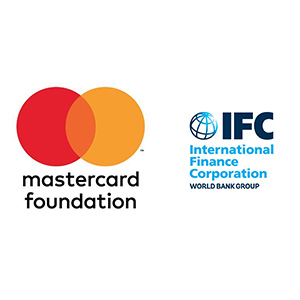
Evaluate scaling-up financial services delivery program
In cooperation with The MasterCard Foundation, the International Finance Corporation (IFC) is implementing a program intended to accelerate the reach of financial services for the poor in sub-Saharan Africa, through two main workstreams.

Context: In cooperation with The MasterCard Foundation, the International Finance Corporation (IFC) is implementing a program intended to accelerate the reach of financial services for the poor in sub-Saharan Africa, through two main workstreams. The first aims to support significant scaling up of reach and diversification of product offerings of eight of IFC’s strongest microfinance partners, with an additional two funded under a separate window from the Development Bank of Austria, for a total of 10 MFIs supported by the program. The second focuses on assisting banks and/or mobile network operators to offer financial services at significant scale using alternative delivery channels (ADCs) such as agent and mobile banking channels
Objective: The evaluation will provide the IFC Sub-Saharan Africa Office, the Access to Finance (A2F) Business Line, the MasterCard Foundation and the participating institutions (mainly MFIs and MNOs) with sufficient information to: Make an independent assessment both at mid-term and ex-post about the performance of the Partnership; Identify key lessons and propose recommendations for course correction and follow-up actions; Assess the effectiveness of the Knowledge Management component of the Partnership. Specifically, the paper will analyze how MFIs implement MFS channels with the goal to achieve profitable growth, and document the primary operational and institutional challenges of implementing new channels and key issues for MFIs to consider.
Deliverables: 1a) A theory-based, process orientated mid-term Evaluation of the IFC-MasterCard Foundation Partnership. This Evaluation addresses 5 evaluation criteria: four standard OECD-DAC criteria (relevance, effectiveness, efficiency, and sustainability), as well as the standard IFC dimension of additionality. The main aim of this study is to provide recommendations for timely course corrections. 1b) A theory-based, summative final Evaluation of the IFC-MasterCard Foundation Partnership. This Evaluation addresses 6 evaluation criteria: five standard OECD-DAC criteria (relevance, effectiveness, efficiency, impact and sustainability), as well as the standard IFC dimension of additionality. 2) Business Case study for MFIs implementing ADCs with the goal to achieve profitable growth. The study collects data, analyze and document the evolution of ADC implementations over the course of their participation in the scaling program.
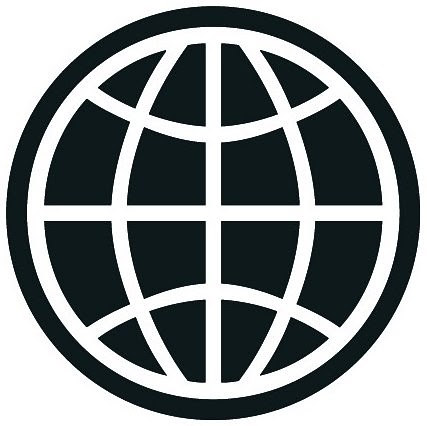
Using next-generation Electronic Payments – Ethiopia
In 2011, UNGUKA succeeded in getting the license of microfinance bank. Starting with only two branches (Remera and Nyabugogo), in December 2012, the Institution counted with 18 branches and two outlets; covering an important part of the north-western and central and southern districts.

Context: In early 2013, the Government of Ethiopia indicated its intention to continue a next-generation of the Productive Safety Net Programme, as well as to explore new thinking and ideas in light of federal policy developments since 2010, within the context of National Development Policies.
Objective: (1) Conduct a diagnostic of the current payment system in the PSNP, including reviewing (i) the current payment system in the PSNP, (ii) existing and planned systems for electronic payments through mobile banking, digital banking, and (iii) the commercial banking system in Ethiopia, including the relevant legislation. (2) Present the strengths and weaknesses of each of the systems, and recommend the way forward for payments in the PSNP, considering the efficiency and cost-effectiveness of each of the options.
Deliverables: Interviews with stakeholders: Central Bank of Ethiopia, Microfinance Institutions, Commercial Banks, Telecom provider, etc… In-depth analysis of the different distribution channels: cash/ food/ vouchers/ e-vouchers/ electronic initiatives; Report presented in stakeholders™ workshop (January 2014).
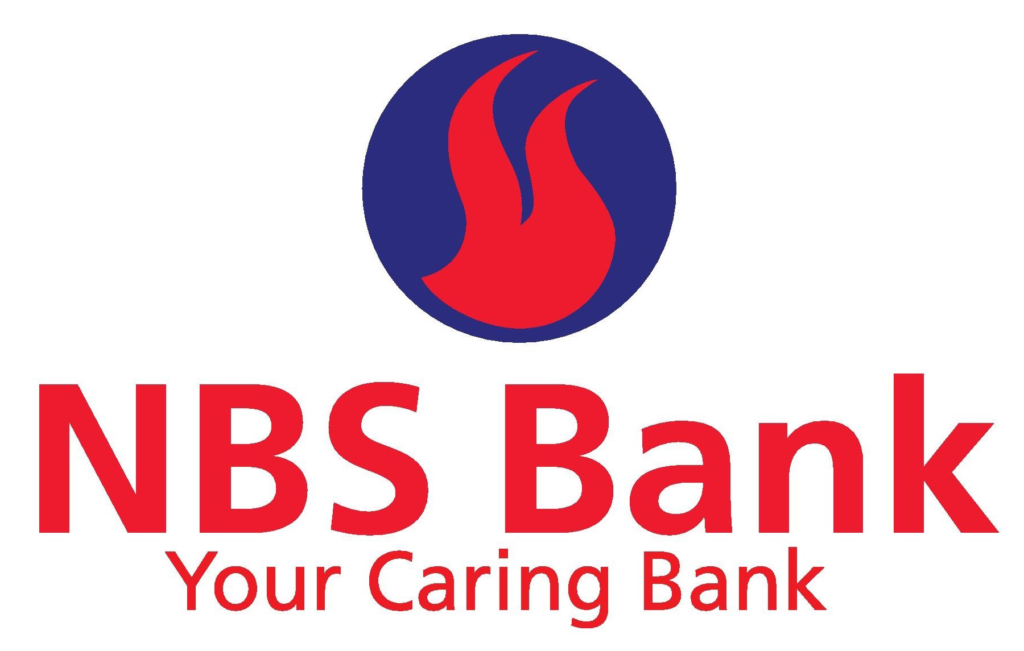
Implementation of sustainable savings through multi-channels Malawi
Women’s World Banking is providing technical assistance (with support from UNCDF’s Microlead Expansion program) to NBS Bank on a project to increase access to sustainable demand-driven savings products to low-income Malawians, in particular women and clients living in rural areas.

Context: Women’s World Banking is providing technical assistance (with support from UNCDF’s Microlead Expansion program) to NBS Bank on a project to increase access to sustainable demand-driven savings products to low-income Malawians, in particular women and clients living in rural areas.
Objective: The objective of the project is to build a foundation for sustained growth by developing NBSs capacity to target and serve unbanked Malawians with demand-driven savings products and services, thus positioning the Bank as a market leader within Malawi.
Deliverables: Collaborate with Womens World Banking to produce project deliverables required by funder (UNCDF); Strategy recommendations for alternative channel; Implementation plan for reaching scale with agent banking channel; Training materials for agent network and bank staff; Business Acceptance and Friendly User Tests methodology; Action plan to a) prepare and launch pilot, and b) scale agent banking channel; Business case and projections (capex, opex, time to break even, NPV) with scenarios for pricing decisions
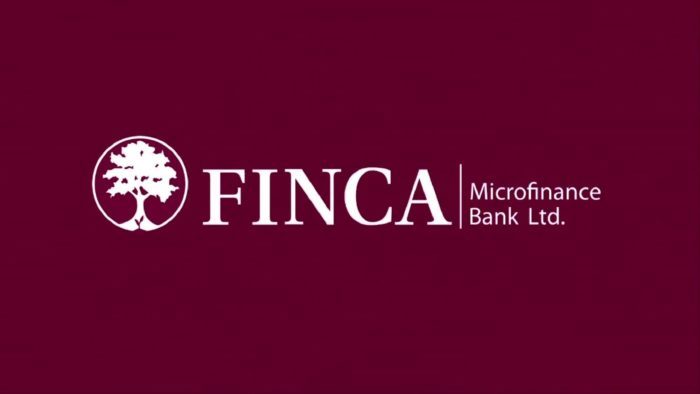
Agent Banking Strategy for POS interface and Pilot for FINCA Tanzania
In January 2013, FINCA TZ became the first institution in Tanzania that transformed into a deposit taking Microfinance Company (MFC) regulated by the Bank of Tanzania (BOT).
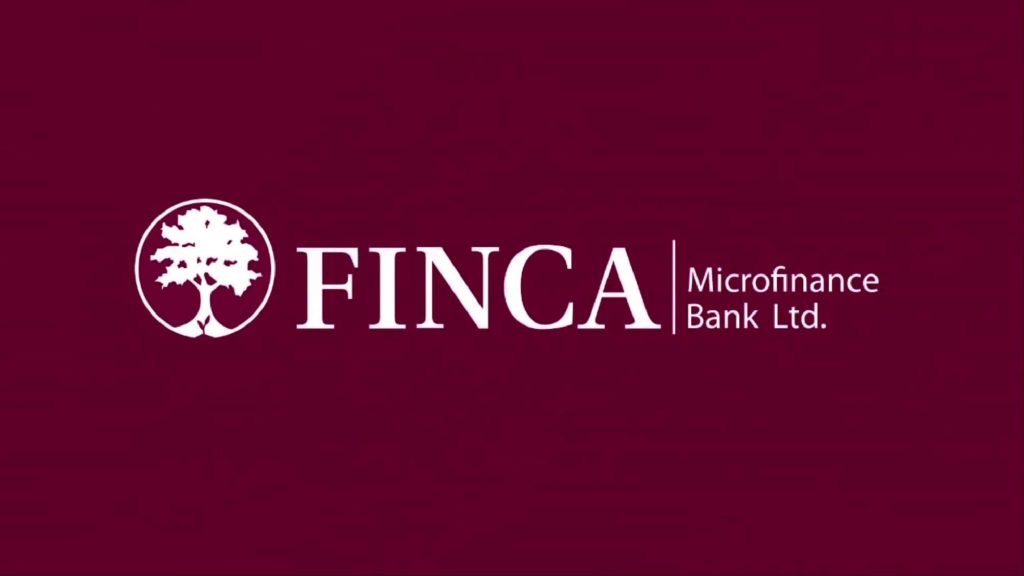
Context: In January 2013, FINCA TZ became the first institution in Tanzania that transformed into a deposit-taking Microfinance Company (MFC) regulated by the Bank of Tanzania (BOT). To improve its services and increase its client outreach FINCA TZ implemented an alternative delivery channels strategy starting with mobile payments, which was launched in December 2012; this service was complemented by the launch of a branchless banking point-of-sale (POS) strategy in August 2014.
Objective: To develop a strategy for a POS agent network; To provide start-up assistance of the designed POS agent network model; To transfer know-how, skills, methodologies and tools to the institution in order to enable the staff to manage a full range of mobile banking services.
Deliverables: The most important deliverables were: (i) the agent banking strategy and model; (ii) Staff and agent training materials; (iii) Operations and IT scoping report; (iv) Operations manual; (v) FINCA business case for agent banking; (vi) FINCA agent agreement.
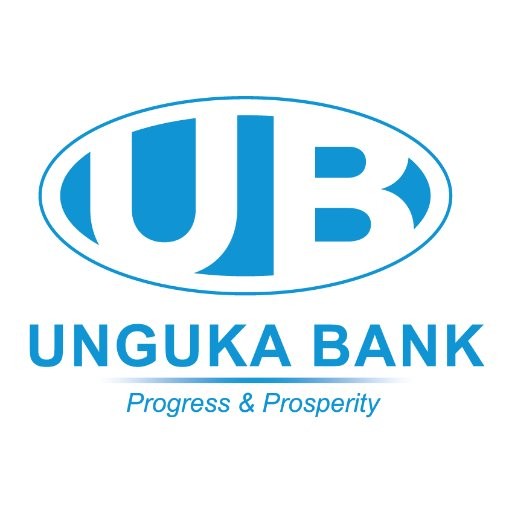
Supporting Unguka Bank Ltd towards the migration into a cost-effective Core Banking System in Rwanda
UNGUKA, a licensed microfinance bank, counted 18 branches and two outlets in December 2012. It has 30,000 clients and its strategic objective is to develop into a commercial bank, with a focus on microfinance.

Context: UNGUKA, a licensed microfinance bank, counted 18 branches and two outlets in December 2012. It has 30,000 clients and its strategic objective is to develop into a commercial bank, with a focus on microfinance.
Objective: Support UNGUKA in the procurement of and migration process towards a new core banking system (CBS).
Deliverables: Diagnostics Report; Business requirements ensuring the linkage with the strategy, products and delivery channels; RFP document; Bid analysis and recommendation on vendor selection; Support of customization and data migration to the new CBS.
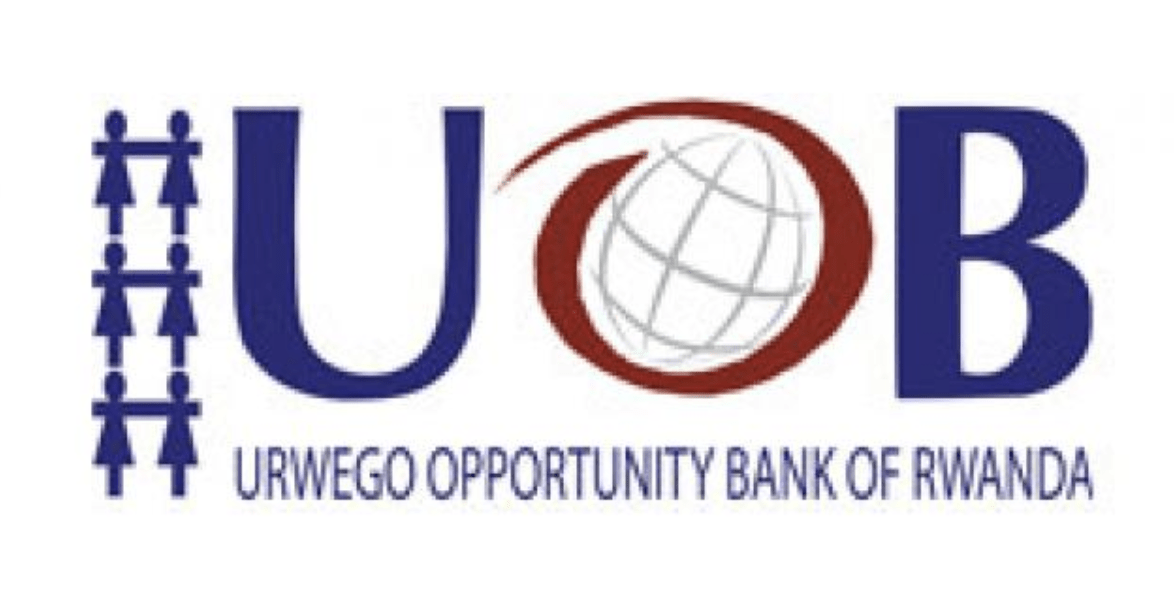
Strategy and Implementation for Mobile Financial Services Rwanda
Urwego Opportunity Bank wanted to provide its customers with access to savings accounts and allow repayments of loans via the mobile phone using the mVisa platform.
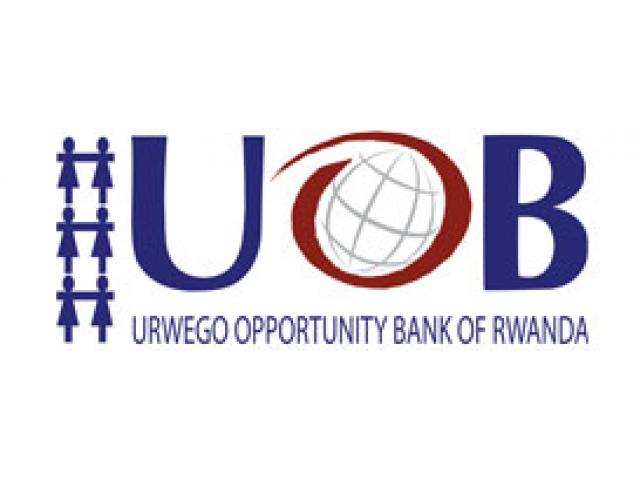
Context: Urwego Opportunity Bank wanted to provide its customers with access to savings accounts and allow repayments of loans via the mobile phone using the mVisa platform.
Objective: ensure the MFI was well prepared, organized and trained to successfully manage the service.
Deliverables: readiness diagnostic; regulatory analysis; market study; business model and implementation plan (cost model, agent network strategy, customer tariff, savings benefits for UOB and its customers); service provider partnering and negotiations; integrating m-banking service into UOB operations; marketing strategy; training support; friendly user testing, KPIs and launch result evaluation.
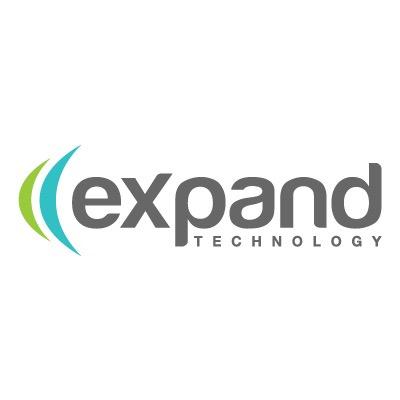
Strategic Positioning of IT Company in the Mobile Payments Market Africa and Indian Ocean Islands
Expand Technology is an IT company specializing in payment solutions that wanted to reposition their products, brand and strategy to enter the mobile payments market.

Context: Expand Technology is an IT company specializing in payment solutions that wanted to reposition their products, brand and strategy to enter the mobile payments market.
Objective: lead the strategic repositioning from the private payment industry by offering smart cards to the mobile payments market in African and Indian Ocean Islands.
Deliverables: recommendations on the mobile payment services orientation and proposal on the re-branding, position and deployment of mobile technology solutions.
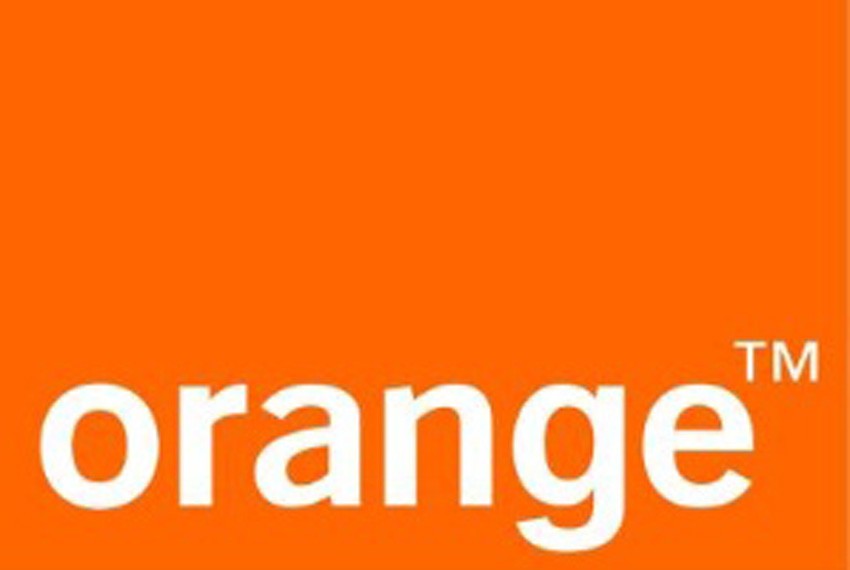
Implementation and Launch of Mobile Money Services (MMS) in Uganda
Orange needed assistance with the design, implementation, pilot and launch of a new mobile money service in Uganda. A dedicated project manager was seconded by PHB Development to manage the project from inception to completion.

Context: Orange needed assistance with the design, implementation, pilot and launch of a new mobile money service in Uganda. A dedicated project manager was seconded by PHB Development to manage the project from inception to completion.
Objective: analyze the market, identify the need, define the position in the marketplace and build partnerships to launch service.
Deliverables: instructed processes for regulatory approval; partnerships; product specification; technical development; distribution strategy; operations; organisation; training; finance; UAT and FUT.
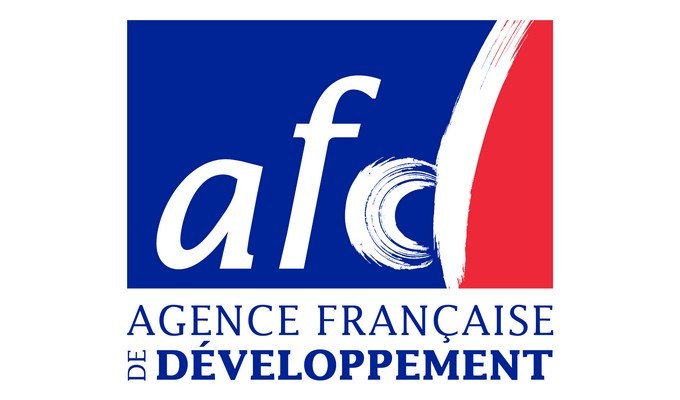
Assessment of Mobile Banking Opportunities for MFIs in Rural Areas Madagascar
Inter-American Development Bank (IDB) want to access the impact of climate change on Microfinance environment.

Context: AFD and the Microfinance Association of Madagascar wanted to analyze the constraints to the development of mobile financial services for clients in rural areas.
Objective: assess the regulatory, technical and economic feasibility for the MFIs to offer mobile banking services, which could contribute to the improvement and supply of financial services for clients in rural areas.
Deliverables: strategic report identifying how MFIs could be involved in different mobile banking business models; workshops organized with over 100 stakeholders from MFIs, the central bank, commercial banks, mobile operators, third-party operators and donors to validate business models and suggested assistance from French Financial Cooperation and other development partners (TA and Financing).
